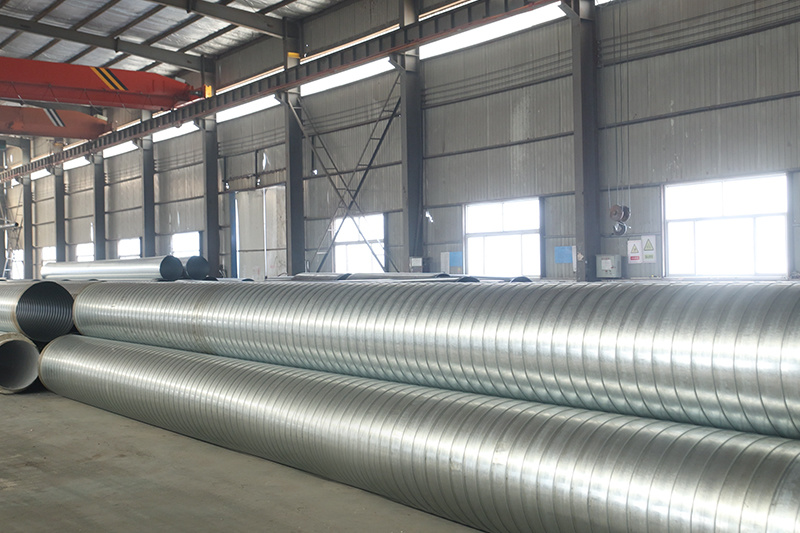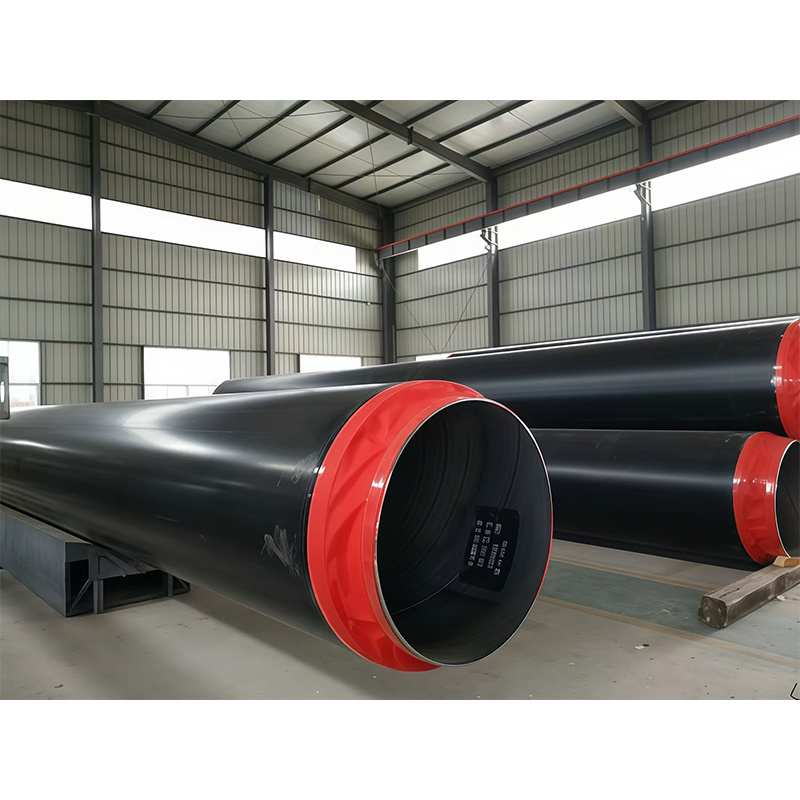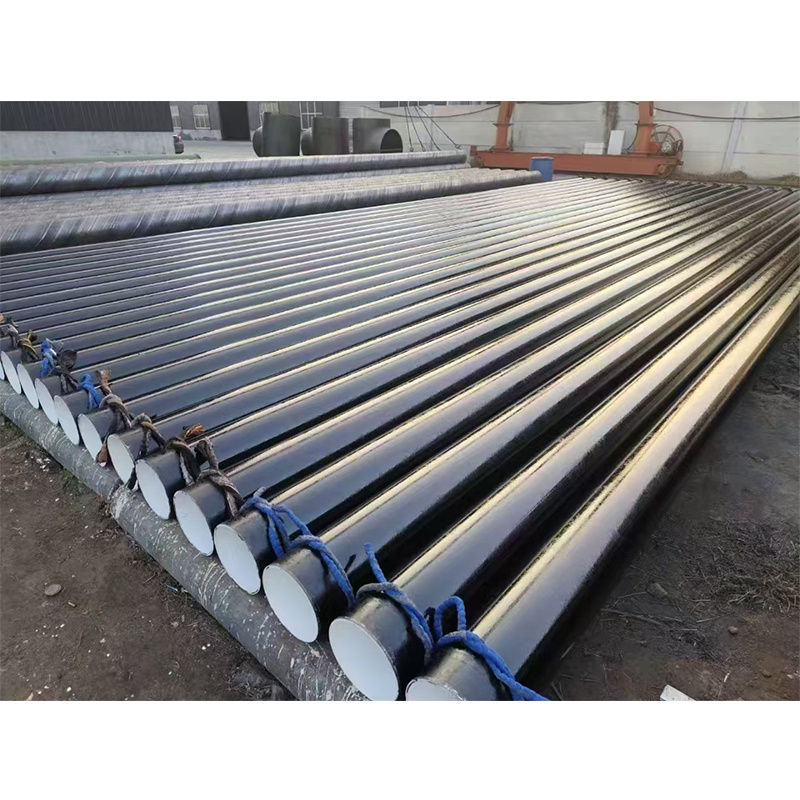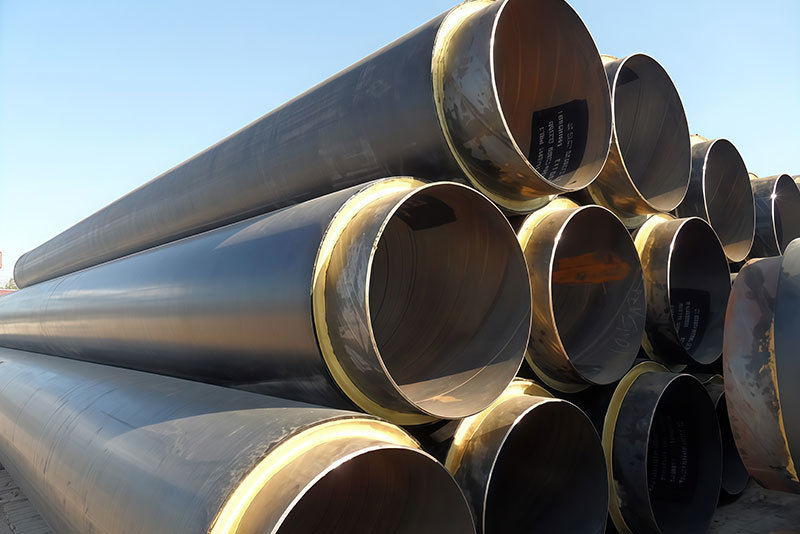Understanding Plastic-Coated Steel Pipes for Underground Utilities
Jul 23,2025
Plastic-coated steel pipes are increasingly recognized as a crucial solution for underground utilities, serving various applications in the construction and infrastructure sectors. These pipes are designed to combine the strength of steel with the protective qualities of plastic, making them particularly suitable for underground installations where exposure to moisture, soil, and other environment

Plastic-coated steel pipes are increasingly recognized as a crucial solution for underground utilities, serving various applications in the construction and infrastructure sectors. These pipes are designed to combine the strength of steel with the protective qualities of plastic, making them particularly suitable for underground installations where exposure to moisture, soil, and other environmental factors can lead to deterioration over time.
One of the primary advantages of plastic-coated steel pipes is their enhanced corrosion resistance. The plastic coating acts as a barrier, preventing moisture and corrosive agents from directly contacting the steel. This is especially important in underground environments, where pipes can be susceptible to rust and other forms of deterioration. The longevity of these pipes reduces maintenance costs and increases the reliability of utility systems.
Another significant benefit is the improved handling and installation properties. The plastic coating provides a smoother surface, which can facilitate easier installation and reduce friction during placement. This can lead to savings in labor and time during the construction phase. Additionally, the coating can help minimize the risk of damage during transportation and handling before the pipes are installed.
Furthermore, plastic-coated steel pipes can be customized to meet specific project requirements. They can be manufactured in various sizes and thicknesses, making them suitable for a wide range of applications, from water supply and sewage systems to gas distribution. Their versatility allows engineers and contractors to select the appropriate specifications to match the demands of each project.
Environmental considerations are also becoming increasingly important in construction. The use of plastic-coated steel pipes can be beneficial in promoting sustainability, as their extended lifespan reduces the need for frequent replacements, thereby minimizing waste. Moreover, the protective coating can be made from recyclable materials, aligning with eco-friendly practices in modern construction.
In summary, plastic-coated steel pipes are an excellent choice for underground utility applications due to their exceptional durability, corrosion resistance, and ease of installation. As builders and contractors continue to seek innovative solutions to enhance project efficiencies and sustainability, these pipes stand out as a reliable option in the construction and decoration materials industry. Understanding the benefits and applications of plastic-coated steel pipes can help industry professionals make informed decisions for future projects, ensuring the longevity and effectiveness of essential utility systems. By integrating this technology, projects can achieve greater resilience and operational efficiency in urban infrastructure development.
One of the primary advantages of plastic-coated steel pipes is their enhanced corrosion resistance. The plastic coating acts as a barrier, preventing moisture and corrosive agents from directly contacting the steel. This is especially important in underground environments, where pipes can be susceptible to rust and other forms of deterioration. The longevity of these pipes reduces maintenance costs and increases the reliability of utility systems.
Another significant benefit is the improved handling and installation properties. The plastic coating provides a smoother surface, which can facilitate easier installation and reduce friction during placement. This can lead to savings in labor and time during the construction phase. Additionally, the coating can help minimize the risk of damage during transportation and handling before the pipes are installed.
Furthermore, plastic-coated steel pipes can be customized to meet specific project requirements. They can be manufactured in various sizes and thicknesses, making them suitable for a wide range of applications, from water supply and sewage systems to gas distribution. Their versatility allows engineers and contractors to select the appropriate specifications to match the demands of each project.
Environmental considerations are also becoming increasingly important in construction. The use of plastic-coated steel pipes can be beneficial in promoting sustainability, as their extended lifespan reduces the need for frequent replacements, thereby minimizing waste. Moreover, the protective coating can be made from recyclable materials, aligning with eco-friendly practices in modern construction.
In summary, plastic-coated steel pipes are an excellent choice for underground utility applications due to their exceptional durability, corrosion resistance, and ease of installation. As builders and contractors continue to seek innovative solutions to enhance project efficiencies and sustainability, these pipes stand out as a reliable option in the construction and decoration materials industry. Understanding the benefits and applications of plastic-coated steel pipes can help industry professionals make informed decisions for future projects, ensuring the longevity and effectiveness of essential utility systems. By integrating this technology, projects can achieve greater resilience and operational efficiency in urban infrastructure development.
TAG:
Related Posts
Understanding Plastic-Coated Steel Pipes for Underground Utilities
Plastic-coated steel pipes are increasingly recognized as a crucial solution for underground utilities, serving various applications in the construction and infrastructure sectors. These pipes are designed to combine the strength of steel with the protective qualities of plastic, making them particularly suitable for underground installations where exposure to moisture, soil, and other environment









